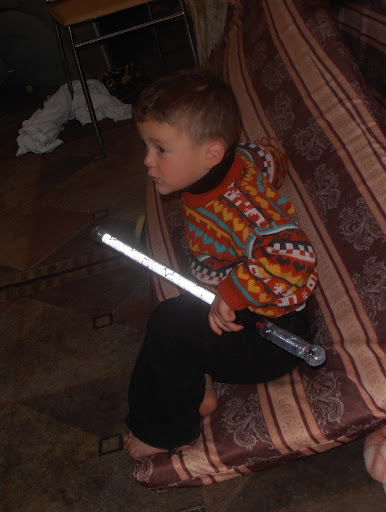Tag: Nablus
-
Day of the Child: Houses overturned, 20 arrested by “American style” Israeli military
by Lydia 8 April 2012 | International Solidarity Movement, West Bank April 5th marked a day to celebrate the children of Palestine. This year the Israeli military decided to contribute to the special day of the children of Kufr Qaddoum by invading the village and kidnapping 20 fathers and brothers. Boys and men were taken…
-
Amani al Khandaqja released following hunger strike
by Lydia 6 April 2012 | International Solidarity Movement, West Bank “You are a very clever woman Amani, you are the first free woman from Ashkalan, this brings me great frustration.” These are the words of the Chief of Intelligence at Huwarra Camp where Amani al Khandaqja was forced to go during her first Sunday…
-
Nablus City: Family left pleading in the night for their sons’ freedom
by Lydia 3 April 2012 | International Solidarity Movement, West Bank Essam Amer Ghassal,16 Khaled Beal Harabi, 22, Yousef Beal Harabi, 23: Three more names to be added to the political prisoner list, two more mothers to carry framed pictures of their children to prisoner awareness demonstrations. At 2 AM, on April 2nd the Israeli…


